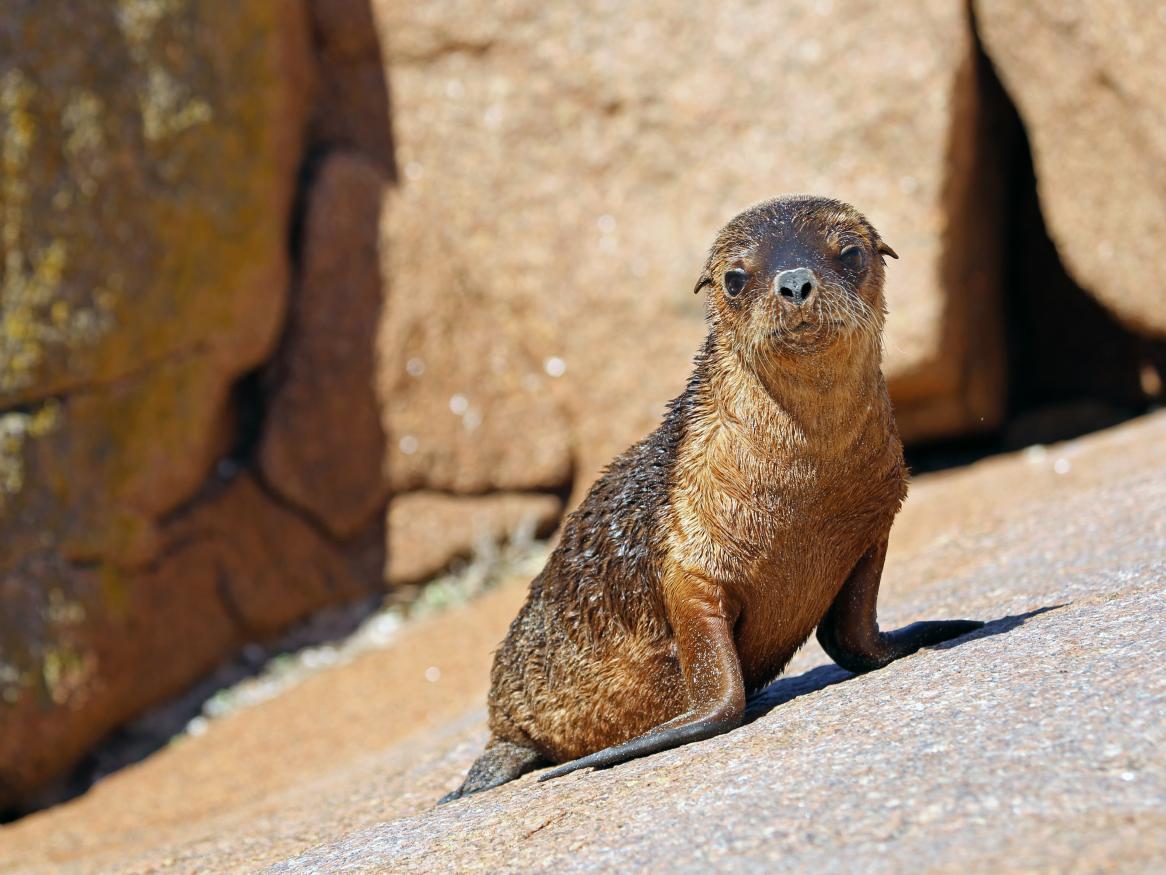News: Environment, sustainability and climate change
Hunting illegal wildlife smugglers by their digital tracks

The multi-billion-dollar international trade in exotic wildlife can have devastating effects on our environment and biodiversity. A bewildering number of species are involved in this industry, much of which is illegal or unsustainable.
[Read more about Hunting illegal wildlife smugglers by their digital tracks]
Turning the tide on climate modelling

Climate change is causing profound changes to the Earth’s ice cover, including the frozen surface of the ocean known as sea ice.
A cool change is coming to city streets

Our cities are heating up and we need to find innovative ways to lower urban temperatures, or life will become increasingly harder for residents. In Adelaide, the number of days when outdoor temperatures soared above 40°C increased from only two days per year in 2000 to six days per year in 2020.
An evolutionary blast from the past

There’s a little gap in the Earth’s history that researchers at the University of Adelaide are looking to unlock – the two billon years of the Earth’s middle age.
Understanding the drivers behind water theft will lead to better policy outcomes

New research uses data modelling to understand why people steal water.
[Read more about Understanding the drivers behind water theft will lead to better policy outcomes]
What people’s beef is with gene editing?

Gene editing in the beef industry could provide significant new strategies for producing far superior livestock. It could be used to produce cattle that are heathier, more environmentally resilient and allow for higher levels of animal welfare by eliminating the need for painful common procedures.
Bringing oyster reefs back from extinction

Oyster reefs carpeted thousands of kilometers of Australian coastline 200 years ago, but were dredged to near extinction within a century of colonial settlement. An ambitious nationwide restoration program now seeks to bring them back. In South Australia, the largest reef restoration in the Southern Hemisphere, Windara Reef, was constructed in 2017 to restore the ecosystem of the native mud oyster, Ostrea angasi, off the Yorke Peninsula.
[Read more about Bringing oyster reefs back from extinction]
Buzz off honey industry, our national parks shouldn’t be milked for money

Among the vast number of native species damaged by the recent bushfire crisis, we must not forget native pollinators. These animals, mainly insects such as native bees, help sustain ecosystems by pollinating native plants.
[Read more about Buzz off honey industry, our national parks shouldn’t be milked for money]
I made bushfire maps from satellite data, and found a glaring gap in Australia’s preparedness

On the night of January 9 2020, my wife and I secured our Kangaroo Island home and anxiously monitored the South Australian Country Fire Service (CFS) website for bushfire advice.
Australian sea lions are declining. Using drones to check their health can help us understand why

Australian sea lions are in trouble. Their population has never recovered from the impact of the commercial sealing that occurred mainly in the 19th century.
